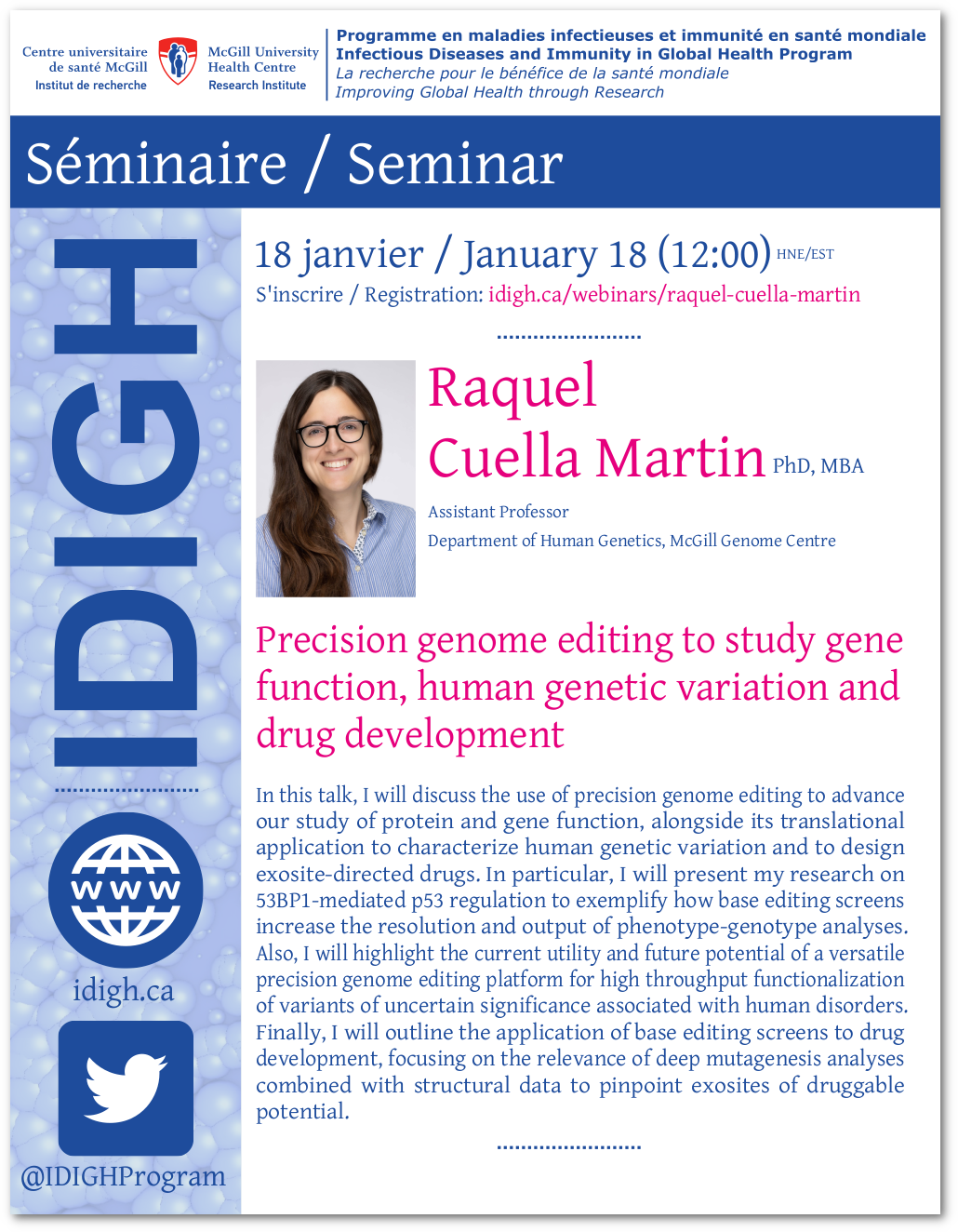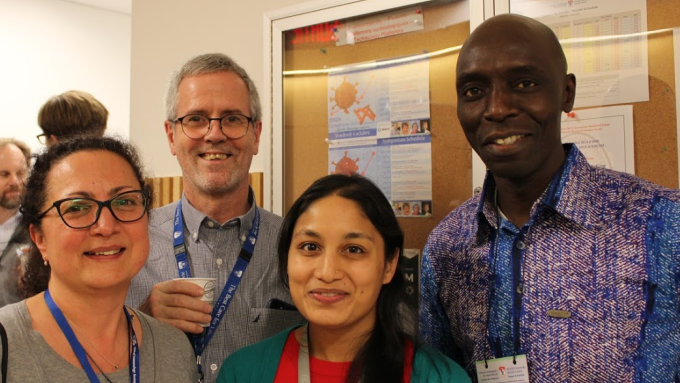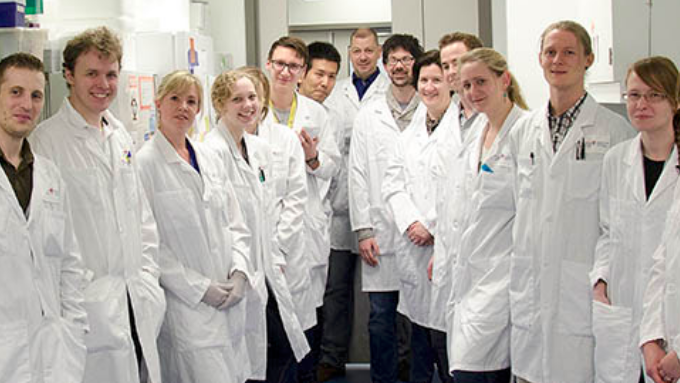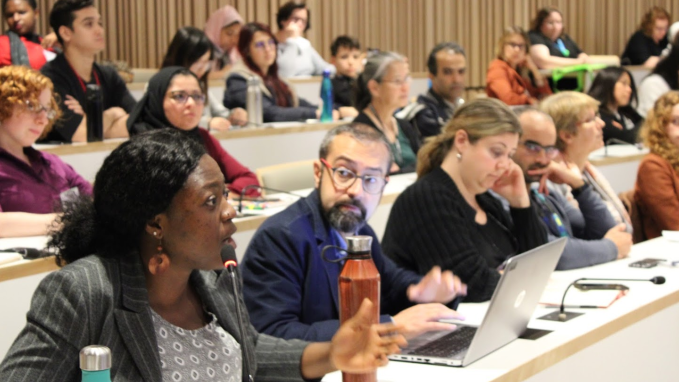Abstract
In this talk, I will discuss the use of precision genome editing to advance our study of protein and gene function, alongside its translational application to characterize human genetic variation and to design exosite-directed drugs. In particular, I will present my research on 53BP1-mediated p53 regulation to exemplify how base editing screens increase the resolution and output of phenotype-genotype analyses. Also, I will highlight the current utility and future potential of a versatile precision genome editing platform for high throughput functionalization of variants of uncertain significance associated with human disorders. Finally, I will outline the application of base editing screens to drug development, focusing on the relevance of deep mutagenesis analyses combined with structural data to pinpoint exosites of druggable potential.
Bio
Raquel Cuella Martin obtained her Ph.D. at the University of Oxford and completed her postdoctoral training as an EMBO fellow at Columbia University in New York. Her research contributions span the fields of genome editing, tumour suppression, and the response to DNA damage. Raquel joined the Department of Human Genetics and the initiative of the Canada Excellence Research Chair in Genomic Medicine as an assistant professor in August 2022. Her research program incorporates advances in precision genome editing technologies to study gene (and protein) function, understand human genetic variation, and explore target druggability.











